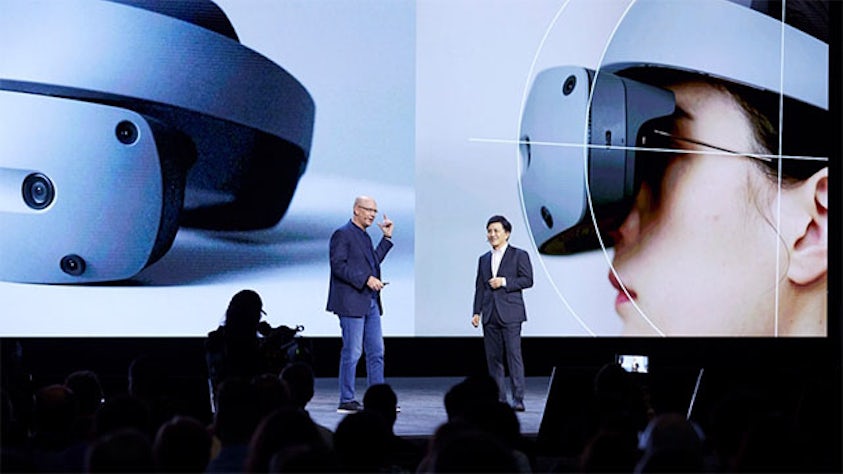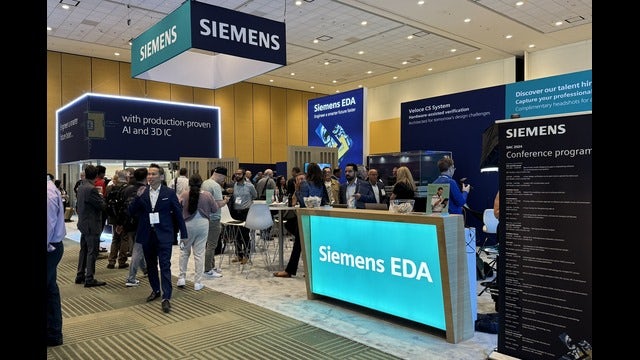
Realize LIVE
The digital transformation conference designed for professionals in engineering, manufacturing, product lifecycle management, design, and IT/software administration. Connecting users, industry experts and partners to share insights and explore the latest trends, technologies and best practices.


.jpg?auto=format,compress&w=843&q=60)


.png?auto=format,compress&w=640&h=360&q=60&fit=crop)


.png?auto=format,compress&w=640&h=360&q=60&fit=crop)




